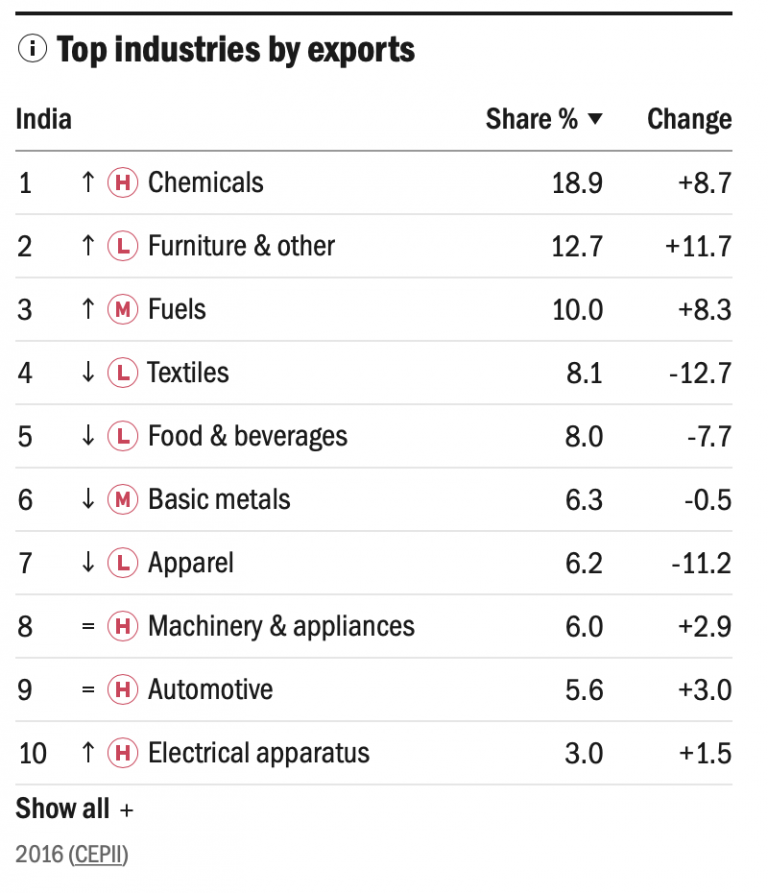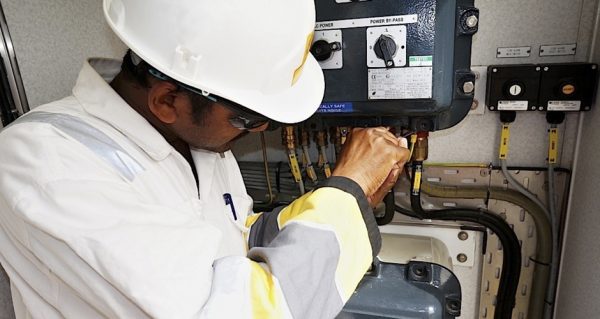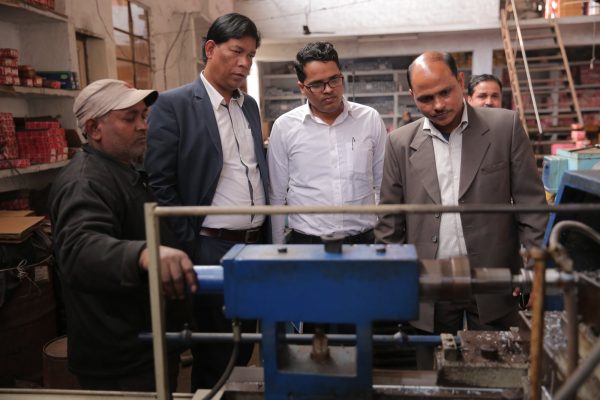India
This project phase has been completed.
Powering India’s economic rise with low-carbon technology and energy efficiency
In 2030 it is expected that India will be the third largest economy in the world. To sustain its growth trajectory, the Indian economy will require a five-fold increase in its energy supply. Meeting future demand will be challenging as India faces escalating costs of conventional energy sources, depleting fossil fuel reserves, and an increasing mandate to address associated environmental and social impacts.
India’s vast industrial sector is primarily behind the country’s rapid growth. This includes more than 13 million micro, small, and medium-sized enterprises (MSMEs) operating in fields such as metallurgical and metals, glass and ceramics, agriculture and brick-making. For most of these MSMEs, energy costs account for as much as 20 to 30 per cent of total production costs. In today’s fiercely competitive liberalized economy, the survival of these MSMEs depends on their ability to cut fuel costs, limit their environmental impact and improve profitability.
Industrial energy efficiency has the potential to unleash huge economic and environmental benefits across India, especially for MSMEs. A study commissioned by the Indian Bureau of Energy Efficiency (BEE) concluded that potential for electricity savings in the industrial MSME sector represents approximately 3.6 per cent of the entire energy demand in India. Meanwhile numerous sector-specific studies have confirmed that energy intensity in MSMEs can be further reduced with the widespread adoption of low-carbon technologies.
Why is industrial energy efficiency important for India?
India must meet its growing energy demand in an efficient way so that scarce public resources can be efficiently allocated to reduce poverty and boost shared prosperity. Globally, energy efficiency has been identified as the cheapest and most environmentally friendly way of bridging the electricity gap. Given India’s huge market, efforts to stimulate domestic energy efficiency innovation can trigger much needed job creation.
India’s industrial MSME sector plays a vital role in the economy. Overall, these businesses contribute to around 45 per cent of the country’s manufacturing output, produce about 40 per cent of exports and employ more than 40 million people. Industrial energy efficiency is a fast and cost effective way to enhance productivity and subsequently increase employment opportunities through the growth of energy efficiency services, technology replacement and entrepreneurship.
Indian industries mostly rely on coal, oil, biomass and gas for energy. Among these, coal continues to be the dominant fuel. MSMEs largely depend on inefficient equipment and technology which waste fuel and lead to the unnecessary release of CO2 and particulate emissions.
Accelerating industrial energy efficiency in India
In a country the size of India technology innovations are made every day. However, due to numerous barriers, many of these innovations don’t make it to market. The enabling ecosystem for technology innovation is particularly weak in India’s energy sector. As a consequence, India is predominantly an importer of low-carbon technologies. Previous attempts to encourage domestic technology innovation have not demonstrated substantial results.
While the Government of India has made numerous efforts to reduce the energy intensity of the Indian economy, MSMEs have fallen behind national benchmarks in terms of productivity, technology and end use energy efficiencies.
Through a series of interventions, including large scale training initiatives, UNIDO is focusing its efforts on technology innovators, entrepreneurs and MSMEs in India. By working with small business and local start-ups, UNIDO aims to accelerate a market environment for energy efficiency while vastly improving capacity for low-carbon technologies in a variety of economically important sectors.
Key service areas
Advocacy and policy support
At a national level, a lack of data and benchmarks is one of the main policy-level barriers preventing the uptake of low-carbon technologies among MSMEs. To address this, UNIDO is working to validate numerous data sets on fossil fuel, return on investment, emission levels and electricity consumption in focal geographic areas and sectors. Sustainability standards are also being developed for biomass use by MSMEs.
Financing solutions
Risk financing for early-stage companies and new ventures (venture capital) is limited. While Indian firms attract significant foreign and domestic capital to fund their growth, most investors target companies with high revenue, a proven business model, and an existing market with high potential for growth. Given that the energy efficient technology market is less well known, and therefore riskier, risk capital for innovators is scarce, especially at the early stages.
To tackle this phenomenon, UNIDO is currently investing in a range of low-carbon technologies in India which specifically promote the use of energy efficiency and renewable energy technologies in selected sectors. Where market forces and other traditional drivers for innovation are failing, innovation prizes can offer a unique incentive tool to focus diverse solvers and the public on a given challenge of public importance.

Tailored support to MSMEs & SMEs
The MSME sector is not an economically attractive market for larger technical consultancy organizations or equipment suppliers. This reality is hindering MSME access to efficient technologies. Furthermore, MSMEs often hold a high degree of scepticism towards new approaches and practices, especially as new technologies are usually more expensive than conventional equipment.
Because Indian MSMEs are typically organised into “clusters,” which are groups of similar industries within nearby geographical areas, organizations like UNIDO can leverage existing organisational networks to deliver outreach to hundreds of businesses with limited resources.
To accelerate industrial energy efficiency in the MSME sector, UNIDO is providing a variety of services designed to increase access to finance, training and know-how. This includes technical assistance for a targeted 400 MSME enterprises to undertake energy efficiency implementation projects as well as 35 MSME energy efficient technologies demonstrations.
Targets
facilitated to contribute to the development of 120 low-carbon intensive innovations
of GHG emissions avoided.
energy saved over 10 years, equivalent to powering around 3 million average Indian households for an entire decade.
targeted to undertake energy efficiency implementation projects.








